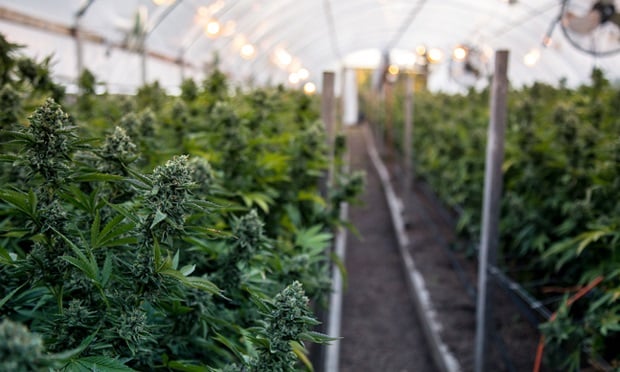Tampa, FL—As the cannabis industry grows, so does the demand for its retail space. Adaptive reuse projects, as a result, have gained traction within the industry because of their cost savings and quicker time-to-market compared with traditional ground-up construction offers.
Buildings that previously housed banks tend to be popular as they already have secure structures that comply with the cannabis industry's unique security provisions – including vaults, safes, blocked-off areas and advanced security systems – in turn requiring less of an investment from the operator to implement these requirements. With the onset of digital finance and the popularity of online banking, many banks are shutting down physical locations, creating an easy opportunity for cannabis retail to take over these locations and get business moving with minimal construction time.
"It's a race to determine which cannabis retailer can open its doors first," says Cole Sones, Director, BW Strategies. "Speed and economic factors play into finding a site where you are not managing multiple permits and building from the ground-up."
Bank buildings are usually located on great corners, with good access and are well lighted. They also operate on real estate which accommodates high-volume retail with 50-60 parking spots. These bank buildings also have brick and concrete block construction with fortified vaults, cameras and don't require a lot of reconstructive work. These spaces are typically between 3,500 – 5,000 square feet with an open floor concept, Sones tells GlobeSt.com.
Initially, landlords were hesitant to lease space to cannabis retailers as they were not accepting of the product and the legality of its use. Now, landlords are more open to accepting these leases.
"For example, in Florida, most retailers build-out stores that look like Apple stores. They are good-looking fortified buildings with strong bones," says Sones. "As a result, raising the build-out levels are attractive to landlords. Now retailers show landlords a look-book which helps them to visualize the finished store that will be in their center."
Sones believes the cannabis retail industry will grow across the nation and more states will eventually grant sales licenses.
"These cannabis retailers have long-range plans which includes long-term leases ranging from 5-10 years and includes real estate assets," says Sones. "Single-tenant stand-alone buildings and spacious structures within a shopping area are both attractive options for this market niche."
© Touchpoint Markets, All Rights Reserved. Request academic re-use from www.copyright.com. All other uses, submit a request to [email protected]. For more inforrmation visit Asset & Logo Licensing.







